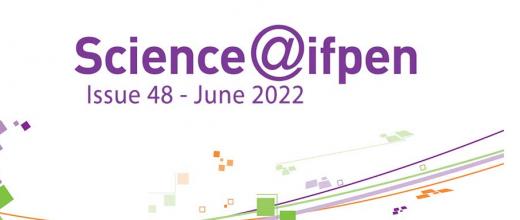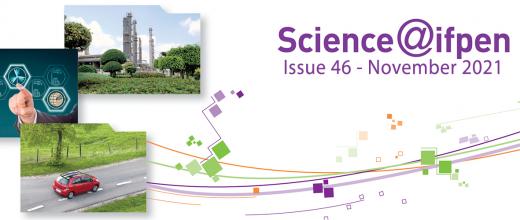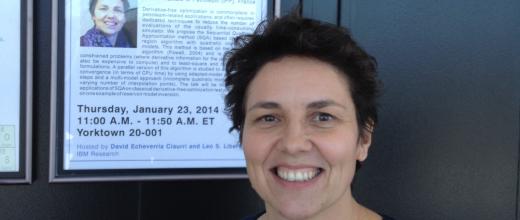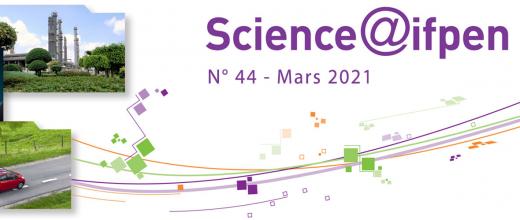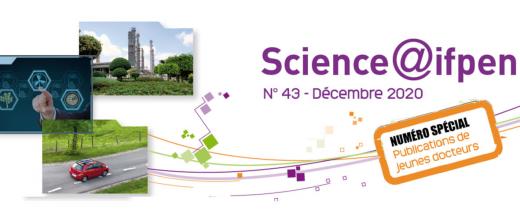The vast majority of oil refineries are equipped with a catalytic reforming unit that fulfils three main functions: production of high-octane oil cuts for gasoline production (known as reformates), production of aromatic-rich cuts containing fewer than 10 carbon atoms, used in the chemicals industry, and generation of dihydrogen, primarily used in hydrotreatment and hydrocracking units...
